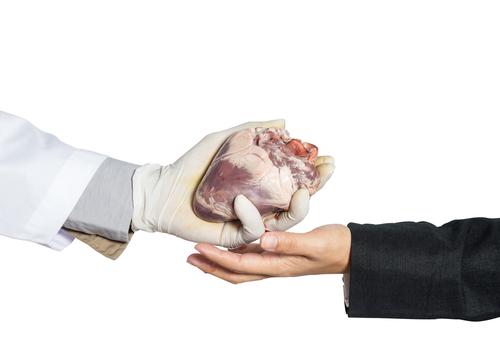
Puerto Rico has a problem with violence. Last year its homicide rate was 19.2 per 100,000 people, which is nearly five time that of the United States. Meanwhile, the island nation has a disastrous economy, and despite having a population that is tiny its amassed a debt of $72 billion. By comparison, in the United States only two economically powerful states (New York and California) have more red ink. There is plenty of blame to go around -- financial greed, cronyism, good intentions gone awry (and borrowing at ever higher rates, which New York City did in the 1970s during its bankruptcy crisis) -- but something needs to be done to keep it from becoming the Greece of the Western Hemisphere. One thing that Puerto Rico has far more of than Greece is violence, which is now being touted as a partial solution to the financial issue. Lemons, meet lemonade. A recent proposal seeks to address both issues by boosting a nascent medical tourism industry from $80 million currently to $300 million by 2017. That industry is organ transplants. Right now, medical tourism is the usual stuff, like dentistry and weight-loss surgery. But since there is so much homicide, and medical tourism brings a lot of ancillary revenue with it, the proposal on the table to pair them up. Right now, Puerto Rican patients have waited a median of 1.3 months for a heart transplant versus 8.1 months in the mainland U.S. Liver transplants take only three weeks, compared to over a year, nationally. The donors were often young and reasonably healthy, since they died from violence and not disease. It sounds macabre but it just might work. The reason to loan money to Puerto Rico has always been that a higher standard of living leads to better culture, better education and less crime. By using criminals and victims of crime to boost the standard of living for the island, they would basically be putting that aspect of their industry out of business -- by reducing homicides -- but that's a great way to cause an industry to go into decline.



